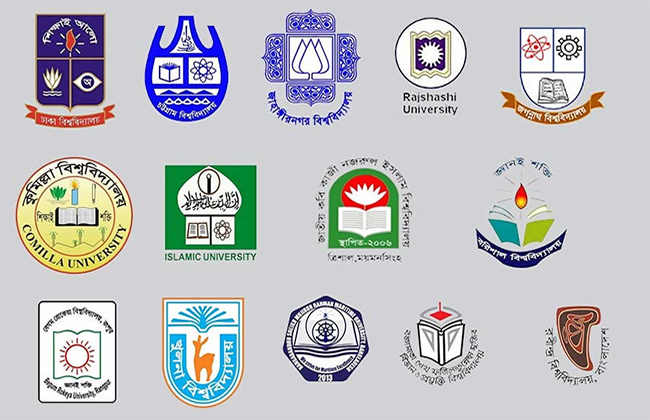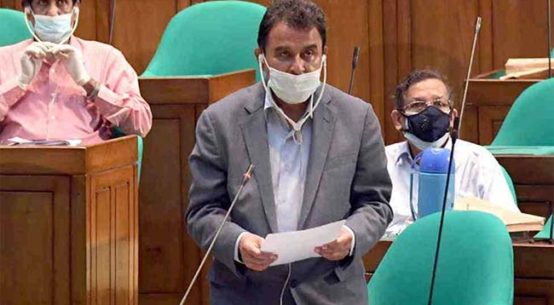
Bangladesh has stepped into a new phase of education which chiefly relies on modern technology and improved logistic support. In this very new phase, what we currently see is that the gap between public and private universities in the country is widening as ever. Private universities, highly equipped with sophisticated technology and infrastructural capacity, have gone far away while public universities, owing to a critical shortage in financial capacity, are simply limping to keep pace with the current world. There is, thus, no confusion over the fact that adequate pecuniary allocation must be available to reinforce all the 37 public universities across the country to make sure they can cater modern education to the learners. Because, ultimately it is the financial power that defines an institutions ability.
Educationists and experts have warned time and again that due to the broadening gap between public and private universities students coming from poor and impecunious families are finding their places in public universities, whereas those from well-off and rich families are entering privately operated universities as they can cope with high education costs. This creates an inequitable competition between students from two different financial backgrounds, and is largely responsible for developing social discrimination against those poor students. So, there is no alternative to increasing the capacity of public universities to make sure that there may take place a healthy and balanced competition between these two types of universities. And that, too, needs monetary allotment.
Right here, the government needs to have a focused policy for capacity building of the public universities. In almost all the past national budgets, public universities had been allocated a reduced amount of money against the original recommendations made by the University Grants Commission (UGC). Should we believe the government is in a state of realization that the public universities need upgradation? This will greatly depend on the governments fresh outlook during the upcoming budgets in the coming years. We hope national budgets will keep giving especial focus on increasing allocations for public universities in order to ensure sustainable and inclusive development of the country.
There is little to differ with the point that without equipping public universities with modernized campuses and faculties, better scientific apparatus, highly skilful teachers and essential logistic support, which are now an integral part of higher education these days, it is impossible for a public university to provide modern education as well as compete with exceedingly modernized private universities. All these unavoidably require finance, and the government, UGC and university authorities have to ensure it. A healthy and balanced competition always yields the best, and this, too, is nothing harmful for the higher education.


